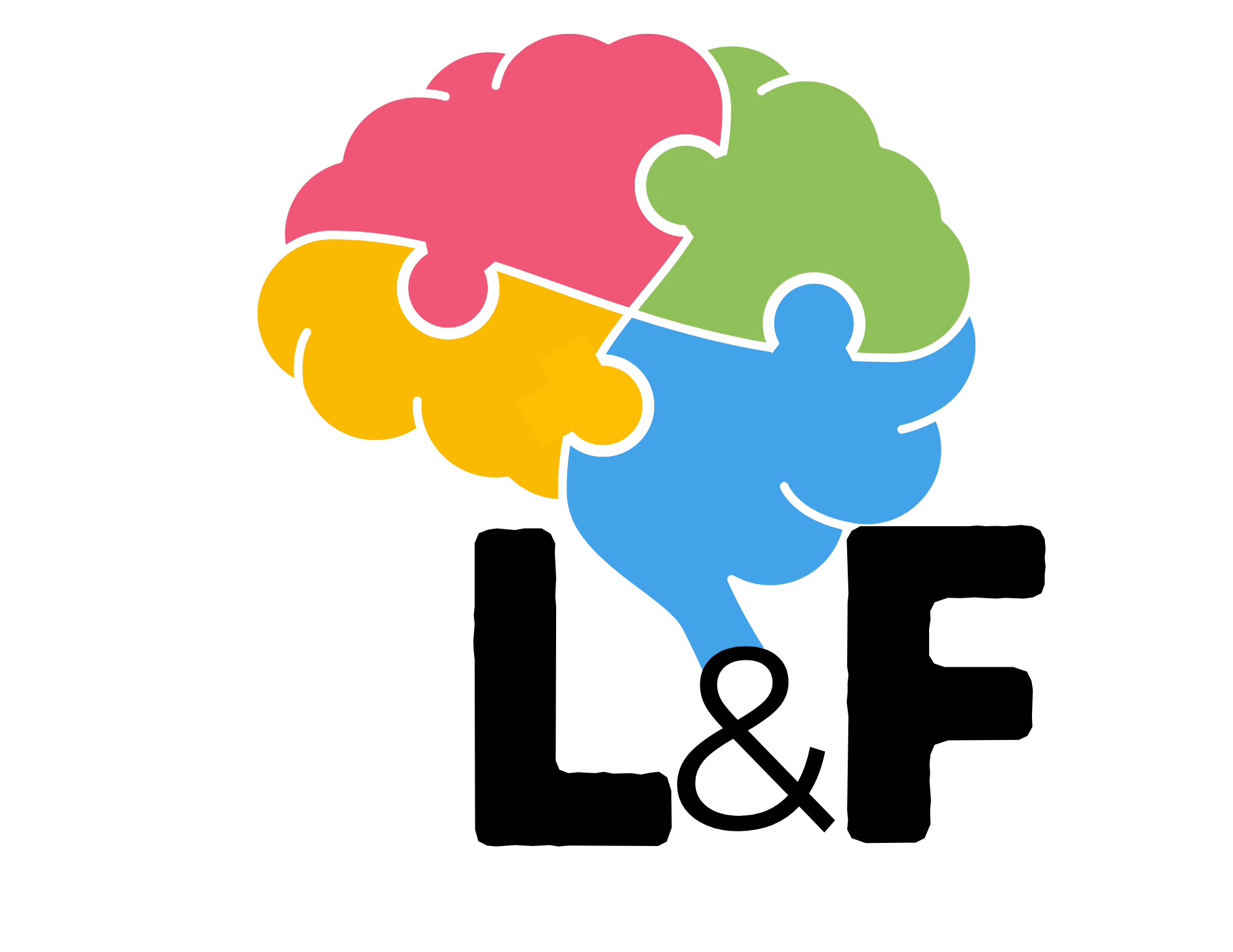Tel. 781-943-6487
Info@logicandfocus.com
Play is often seen as a fun, carefree activity for children—a way to fill time and expend energy. But play is so much more than that. It’s a powerful tool for learning, growth, and development. Research from institutions like Harvard University’s Center on the Developing Child shows that play-based learning helps children develop critical skills such as focus, creativity, problem-solving, and logical reasoning. Unlike traditional methods of rote memorization, play engages multiple areas of the brain, fostering both cognitive and emotional growth.

When children engage in play, they’re not just having fun—they’re building the foundation for essential life skills. Here are just a few reasons why play is so impactful:
Enhances Focus and Attention: Playful activities often require children to concentrate on tasks, whether it’s solving a puzzle, building a structure, or working through a challenge. Studies published in the journal Child Development have shown that structured play improves attention spans in young learners.
Encourages Creativity: Play allows children to think outside the box, experiment with ideas, and explore their imagination. Research from the American Academy of Pediatrics emphasizes that free play is crucial for fostering creativity and problem-solving skills.
Builds Problem-Solving Skills: Many play-based activities present challenges that require kids to strategize, analyze, and adapt. According to a report by the LEGO Foundation, problem-solving during play supports cognitive flexibility and resilience.
Fosters Emotional Development: Play often involves teamwork, communication, and managing emotions. Through play, children learn how to navigate social interactions, express their feelings, and develop empathy. For example, the National Association for the Education of Young Children (NAEYC) highlights the role of cooperative games in emotional growth.
Supports Logical Reasoning: Games and activities that involve patterns, sequences, or strategy help children strengthen their logical thinking abilities, a skill that’s essential for success in academics and beyond.
Play-based learning goes beyond traditional education by making learning an active, hands-on experience. It’s not about sitting at a desk and memorizing facts; it’s about engaging with the material in meaningful and enjoyable ways.
For example, when children participate in a scavenger hunt to find items that fit specific categories, they’re practicing classification and observation skills. When they work together to solve a group puzzle, they’re enhancing their teamwork and communication abilities. The key is that these activities feel like play, but they’re carefully designed to teach important skills.
At Logic and Focus, we’ve embraced the power of play in our innovative programs. Each of our activities is designed to spark curiosity, encourage collaboration, and instill a love for learning that lasts a lifetime. Here’s how two of our standout programs incorporate play-based learning:
Brain Gym: In this program, kids tackle puzzles, memory games, and logic challenges that stretch their cognitive abilities. They’re improving their focus, critical thinking, and mental agility—all while having a great time. Research on cognitive exercises from Johns Hopkins University supports the idea that activities like these boost mental sharpness and problem-solving skills.
Wacky Challenge: This team-based program turns learning into an exciting adventure. Kids participate in unconventional contests that require quick thinking, creativity, and collaboration. These challenges not only boost cognitive speed but also foster social skills and leadership. Studies, including those from the Collaborative for Academic, Social, and Emotional Learning (CASEL), highlight the benefits of team-based learning for social and emotional development.
The benefits of play extend far beyond childhood. By engaging in play-based learning, children develop the skills and mindset they need to succeed in school, their future careers, and life in general. They become curious, confident learners who aren’t afraid to tackle challenges or think creatively.
At Logic and Focus, we believe in the transformative power of play. Our programs don’t just teach children—they inspire them to explore, grow, and thrive. Through play, we’re helping to shape the problem-solvers, innovators, and leaders of tomorrow.
Discover how Logic and Focus can help your child thrive through the magic of play-based learning. Contact us today to learn more about our programs and see the difference play can make.
Harvard University’s Center on the Developing Child – The Science of Early Childhood Development.
Journal of Child Development – Studies on the impact of structured play on attention spans.
American Academy of Pediatrics – The importance of free play in childhood development.
LEGO Foundation – Reports on cognitive flexibility and problem-solving through play.
National Association for the Education of Young Children (NAEYC) – Cooperative games and emotional growth.
Johns Hopkins University – Research on cognitive exercises and mental agility.
Collaborative for Academic, Social, and Emotional Learning (CASEL) – Team-based learning and social development.
Enter your email address below and subscribe to our newsletter
